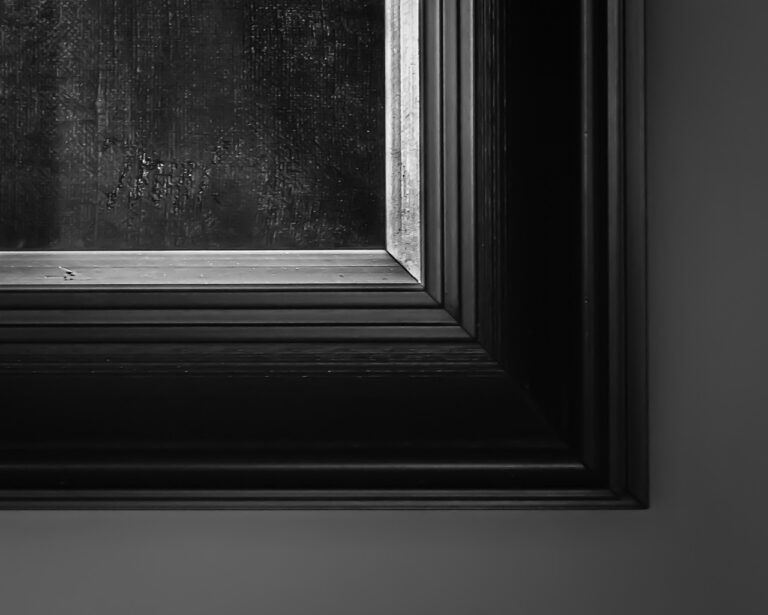The Psychology of Decluttering: How Tidying Up Can Improve Mental Health
Living in a cluttered environment can have a significant impact on one’s mental well-being. A space filled with excess belongings and disorganization can create feelings of overwhelm, stress, and anxiety. When our physical surroundings are chaotic, it can often lead to a sense of mental clutter and unrest within ourselves.
Research has shown that clutter can contribute to difficulty focusing, decreased productivity, and even potential health implications. The constant visual stimuli of clutter can bombard our senses and make it challenging to relax or find peace within our own homes. Ultimately, the effects of clutter on mental well-being highlight the importance of creating a harmonious and organized living environment to support overall mental wellness.
Understanding the Connection Between Physical Environment and Mental Health
Your physical environment can significantly impact your mental health. Cluttered and disorganized spaces can lead to feelings of overwhelm and stress, making it harder to focus and relax. On the other hand, clean and organized environments have been shown to promote a sense of calmness and clarity, positively affecting your overall well-being.
Research has suggested that the state of your surroundings can influence your mood and cognitive functioning. A messy environment may contribute to feelings of anxiety and exhaustion, hindering your ability to think clearly and make decisions. Creating an organized space can help alleviate these negative effects, fostering a sense of peace and mental clarity.
The Role of Decluttering in Stress Reduction
Decluttering your physical space can have a profound impact on your mental well-being. Studies have shown that a cluttered environment can lead to increased feelings of stress and anxiety. When we declutter and organize our surroundings, we create a sense of order and control that can help reduce these negative emotions and promote a greater sense of calm and relaxation.
By decluttering, we are not only creating a more aesthetically pleasing space, but we are also creating a clearer and more focused mindset. A tidy environment can help improve cognitive function and productivity, making it easier to stay focused and on task. When our surroundings are free of clutter, we can more easily unwind and destress, leading to an overall sense of well-being and improved mental health.
• Decluttering your physical space can have a profound impact on your mental well-being.
• Studies have shown that a cluttered environment can lead to increased feelings of stress and anxiety.
• When we declutter and organize our surroundings, we create a sense of order and control that can help reduce these negative emotions and promote a greater sense of calm and relaxation.
• By decluttering, we are not only creating a more aesthetically pleasing space but also creating a clearer and more focused mindset.
• A tidy environment can help improve cognitive function and productivity, making it easier to stay focused and on task.
• When our surroundings are free of clutter, we can more easily unwind and destress, leading to an overall sense of well-being and improved mental health.
How does clutter impact mental well-being?
Clutter can lead to feelings of overwhelm, stress, and anxiety. It can create a sense of chaos and make it difficult to focus or relax.
How does the physical environment affect mental health?
A cluttered and disorganized physical environment can contribute to negative emotions and impact mental well-being. On the other hand, a clean and organized space can promote feelings of calm and clarity.
What role does decluttering play in stress reduction?
Decluttering can help create a more peaceful and harmonious environment, which can lead to reduced stress levels. It can also provide a sense of accomplishment and control, which can be empowering and uplifting.
How can I start decluttering my space?
Start small by tackling one area at a time, such as a closet or a desk. Sort through items and decide what to keep, donate, or throw away. Set aside dedicated time for decluttering regularly to maintain a tidy space.
Can decluttering really make a difference in reducing stress?
Yes, decluttering can have a significant impact on stress reduction. By creating a more organized and peaceful environment, you can improve your mental well-being and overall quality of life.







